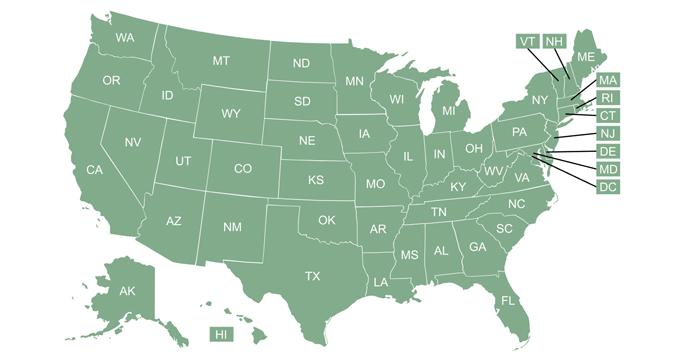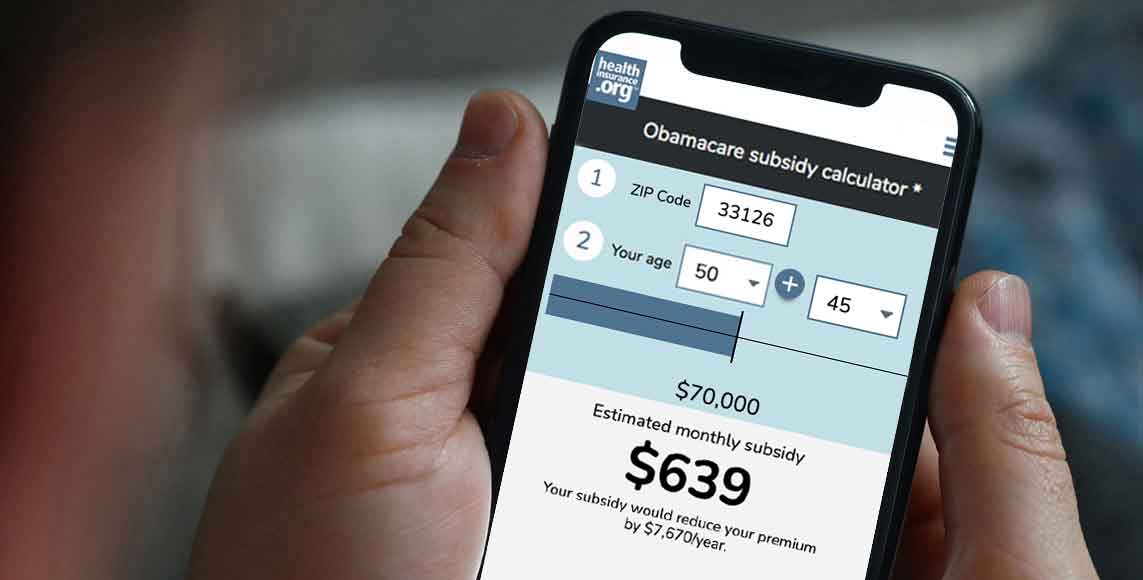
Q. If someone decides to not buy health insurance and is injured in accident, what happens?
A. When a patient arrives at the emergency room and is uninsured and unable to pay for his care, staff there are required by law only to perform a medical screening exam, and if emergency medical conditions are present, the staff must “provide stabilizing treatment.”
This requirement is the result of the Emergency Medical Treatment and Labor ACT (EMTALA) of 1986. Patients cannot be turned away from the emergency room (assuming the hospital is a participating provider with Medicare, which virtually all hospitals are) because of an inability to pay for care. Instead, the ER must correct the emergency situation and end any life-threatening conditions.
But that doesn’t mean that the ER is required to make sure that the patient will get better. “Stabilize” is the key word in the ER law. It doesn’t mean “able to work” or “able to continue a high quality of life.” A great many medical services, including ongoing rehabilitation and treatment for chronic conditions, are not available in the ER at all. Medical providers outside of the emergency room are not regulated under EMTALA; they can turn patients away based on their inability to pay.
And while EMTALA requires emergency departments to stabilize patients regardless of ability to pay, they are allowed to bill patients and send delinquent accounts to collections. If you’re uninsured, don’t expect free medical care in the event of an accident.
It should also be noted that since health insurance is now guaranteed-issue (pre-existing conditions aren’t a barrier to enrollment), coverage can only be purchased during open enrollment, or during a special enrollment period triggered by a qualifying event. And in most cases, qualifying events only trigger special enrollment periods if you already had coverage in place before the qualifying event; in other words, some qualifying events only allow you to change plans, but not necessarily to newly enroll in coverage.
Can I buy health insurance after an accident and have it pay for my treatment?
There have been some misconceptions about the limited enrollment windows, with people talking about buying health insurance from the back of an ambulance. That won’t work however – if you’re uninsured and you get sick or injured outside of open enrollment, you’ll have to wait until the next open enrollment period – or until you have a qualifying event – to sign up for coverage.
The same limited enrollment windows apply to people who have access to coverage from an employer, which is where most non-elderly Americans get their health insurance. You can’t just sign up for your employer’s plan anytime you want. You have to either enroll when you’re first eligible, during the annual enrollment window, or when you experience a qualifying event.
Opting out of health insurance is taking an enormous risk. And for the most part, it’s not one that needs to be taken anymore, thanks to the ACA. Coverage is available to everyone, regardless of pre-existing medical conditions (but as mentioned above, this only applies during open enrollment).
In the majority of the states and DC, Medicaid is available to residents with household income up to 138 percent of the federal poverty level. For residents with higher incomes, premium subsidies are available in every state for applicants with household income up to four times the poverty level. The ACA has made coverage both accessible and affordable, but it’s up to each person to take advantage of the consumer protections the law offers.








